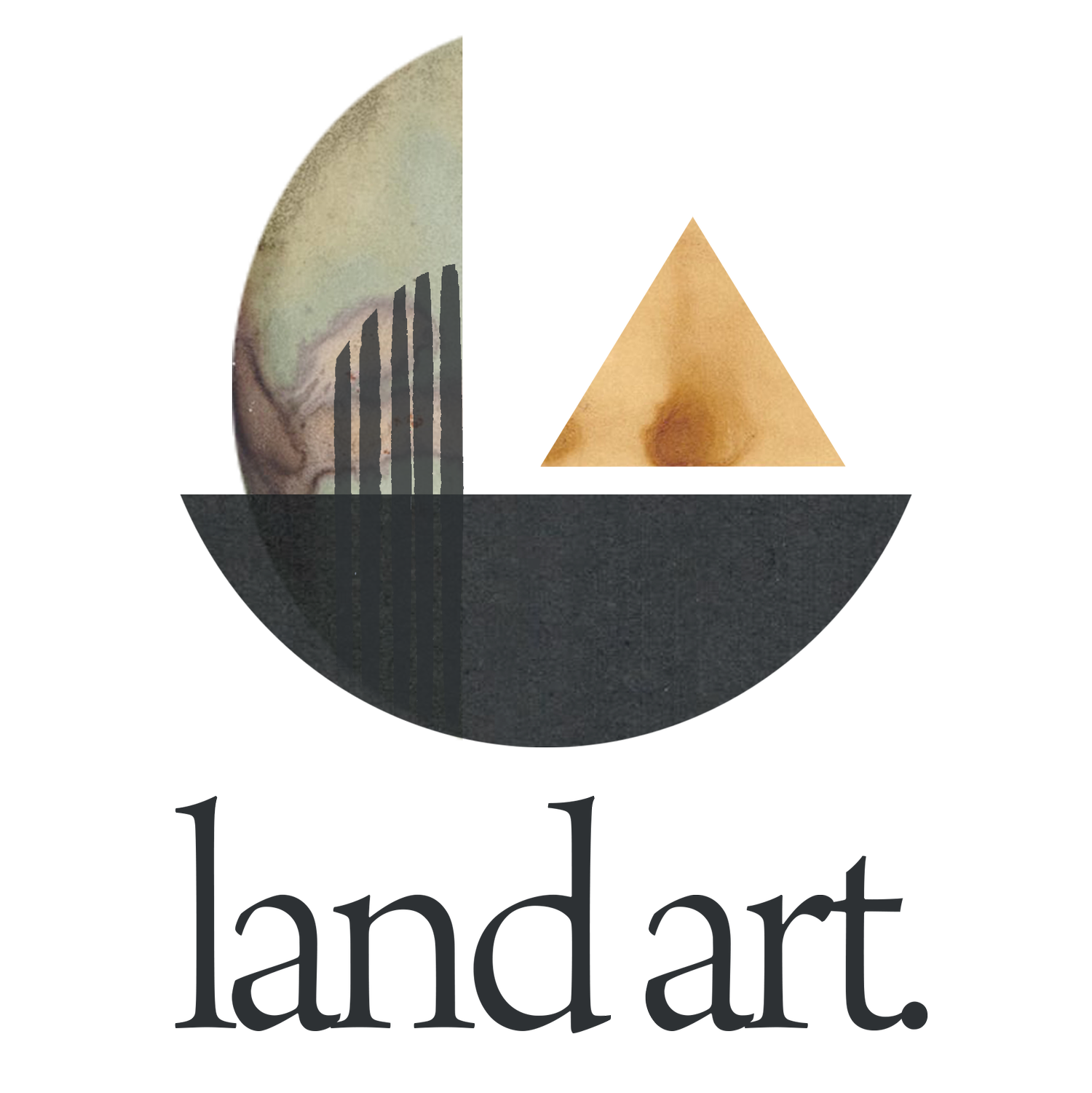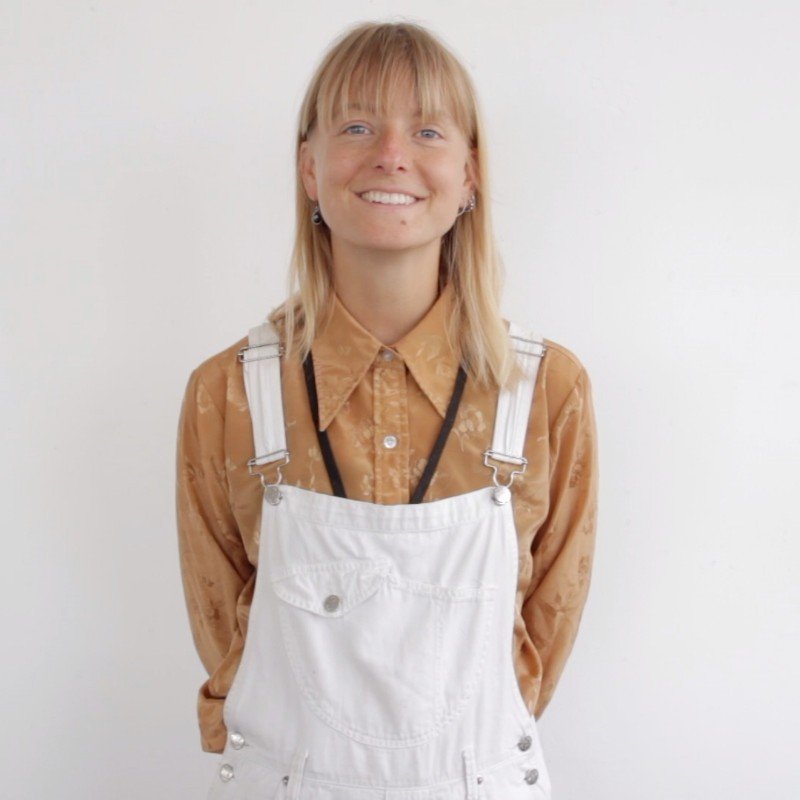
Soil Chromatography
Crossing the boundary between art and science, we will be using the process of chromatography.
Join Hannah Fletcher to discover light sensitive soil chromatography, where you will learn how to use image forms and patterns from components held within different samples of earth.
£40
All sessions are recorded and made available for a week following the course.
This also includes times for any feedback questions.

IN A 2 HOUR LIVE SESSION:
-

Prepare
Participants of this workshop are encouraged to gather a variety of soil samples for the workshop to diversify your experience. You will grind down these samples to use in the printmaking process.
This is combined with silver nitrate to create a light sensitive surface, which is then used to create a photographic record of the components held within each solution. As the solution spreads across the circular filter paper, organic matter is separated and a natural banding effect is created
-

Tools
Sieve
Pestle and mortar
Small, shallow dishes x 4 - these dishes must be smaller than the diameter of your filter paper
4 x jars or beakers
0.5 precision weighing scales
Scissors
Pencil
Pegs and a line for drying - dry and dark sport for drying
-

Materials
Raw Silver Nitrate (1gram)
Sodium hydroxide (also labeled as Caustic Soda)
A selection of soil and earth samples (dried out if possible)
Circular Filter papers (these must be lab work filters, not coffee filters etc.
Water (distilled preferable)
Series Feedback
Workshop
Host
Hannah Fletcher
Hannah Fletcher is an artist, working with cameraless photographic processes, founder of The Sustainable Darkroom, Co-director of London Alternative Photography Collective and a facilitator of sustainability within the arts.
Hannah Fletcher works with and researches the many intricate relationships between photographic and not-so photographic materials. Intertwining organic matter such as soils, algae, mushrooms and roots into photographic mediums and surfaces. Fletcher questions the life cycle and value of materials by incorporating waste from her studio and workshops back into the system of making. Working in an investigative, ritualistic and environmentally conscious manner, she combines scientific techniques with photographic processes, creating dialogue and fusions between the poetic and political.

